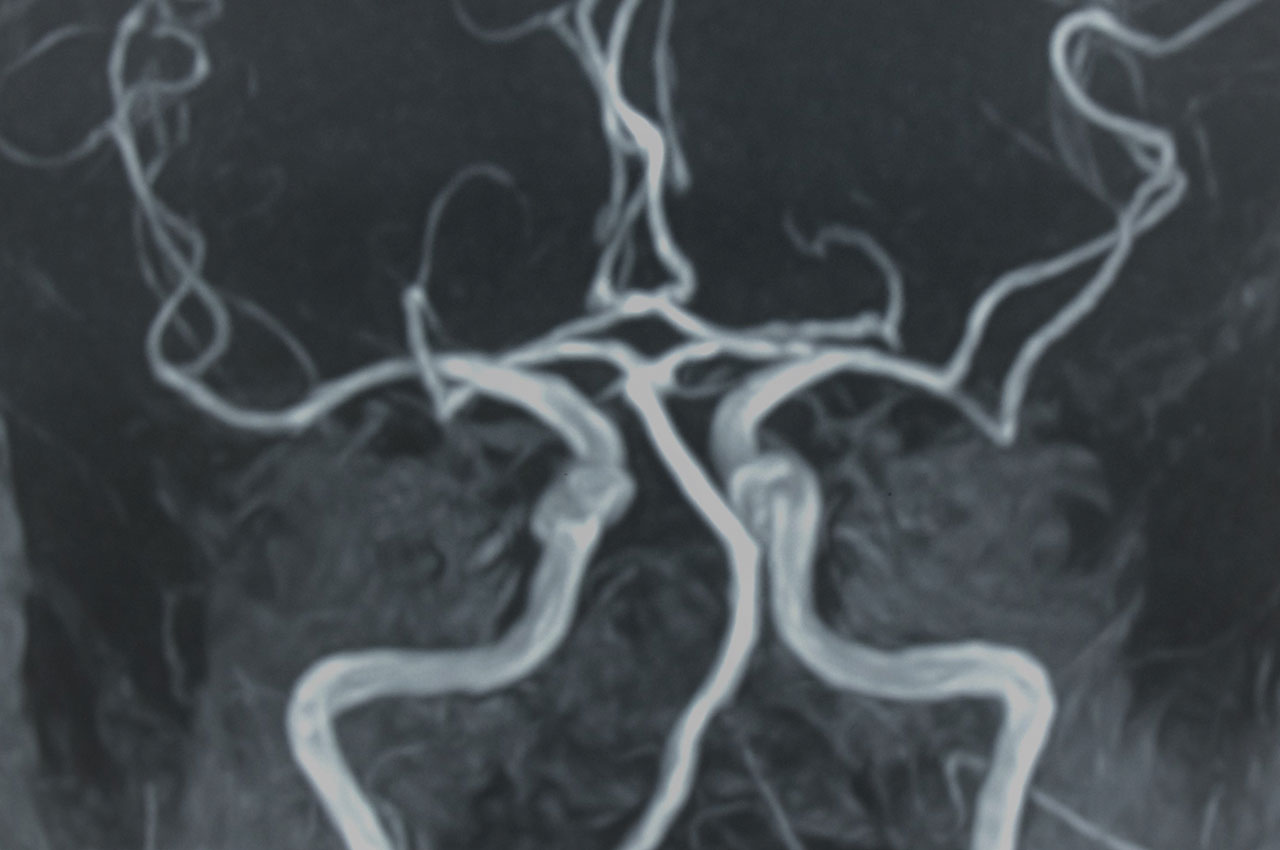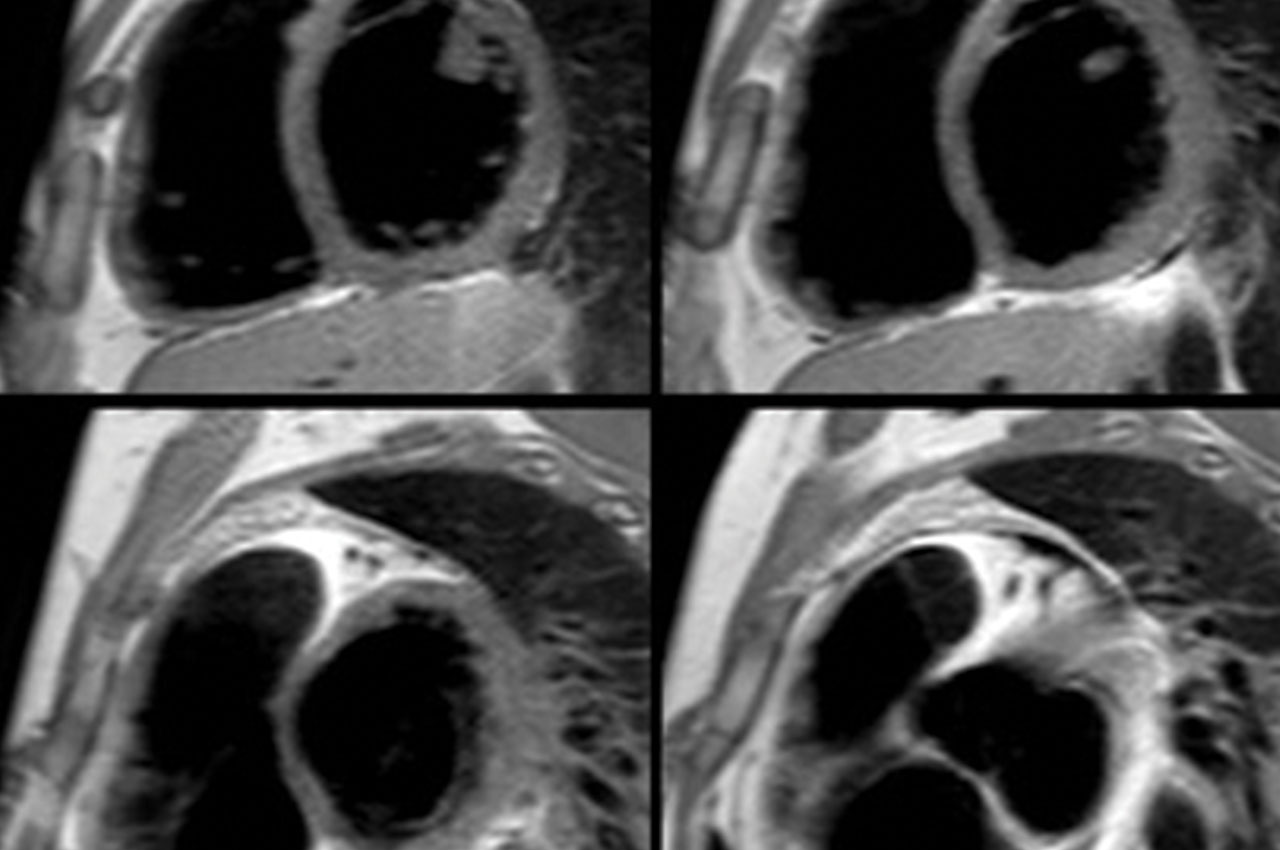MRI/MRA
MRI or magnetic resonance imaging is an advanced medical imaging technique that produces detailed and precise internal images of organs and tissues. Unlike the CT scanner that uses ionizing radiation, the MRI uses electromagnetism and radio waves. Applications include: neurological (brain & spine), musculoskeletal, MR angiography (MRA), advanced gynecological studies and breast studies.
How do I prepare for the exam?
General instructions:
- If available, bring prior related studies to the imaging center at the time of your appointment for comparison purposes.
- Leave your valuables at home during your examination.
- Please bring your insurance cards, identification, and your prescription, authorization and/or referral.
- The patient will be screened for metallic implants or devices including a pacemaker, brain aneurysm clip, cochlear implants, other medical devices or any possibility of metal fragments in their eyes or body.
- Patients age 60 or over will be required to have a creatinine level for procedures requiring an injection of contrast (studies ordered with contrast).
MRI without contrast:
No preparation is required. The patient should continue any regular medication regimen.
MRI with contrast:
Check with your physician about any medication you may be taking, especially if you are diabetic, hypertensive or have any kidney disease.
The results of the blood workup for kidney function (BUN and creatinine) should be faxed or brought by the patient prior to the test. The referring physician should provide the prescription for the blood work. The patient may need to fast for at least 2-4 hours before the procedure. The patient will be asked to remove all jewelry, glasses, hearing aids, hairpins, and other metallic objects.
What should I expect during the exam?
MRI is a painless procedure. The patient will have to lie on the scanning table and follow instructions from the technologist. Metal objects such as any jewelry or cloth with metal parts, hair clips or underwire bras will need to be removed. The claustrophobic feeling some patients would feel in the MR scanner is less of a problem today, as newer MR scanners are much less confining than older models.
What should I expect after the exam?
The examinations are interpreted by board-certified radiologists. The results will be sent to the referring physician as soon as they are interpreted. The patient should contact the referring physician to discuss the results and ask for further recommendations.


